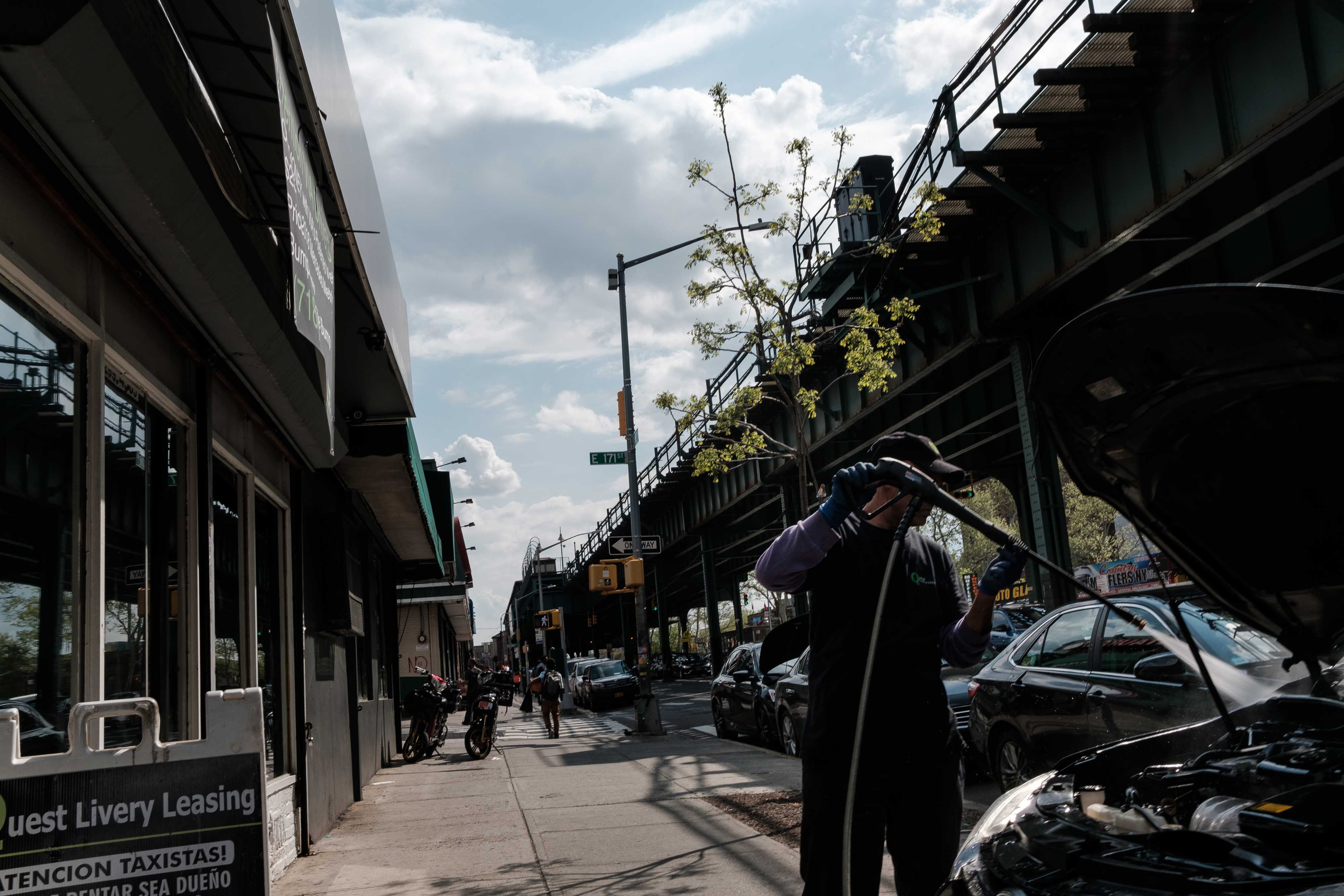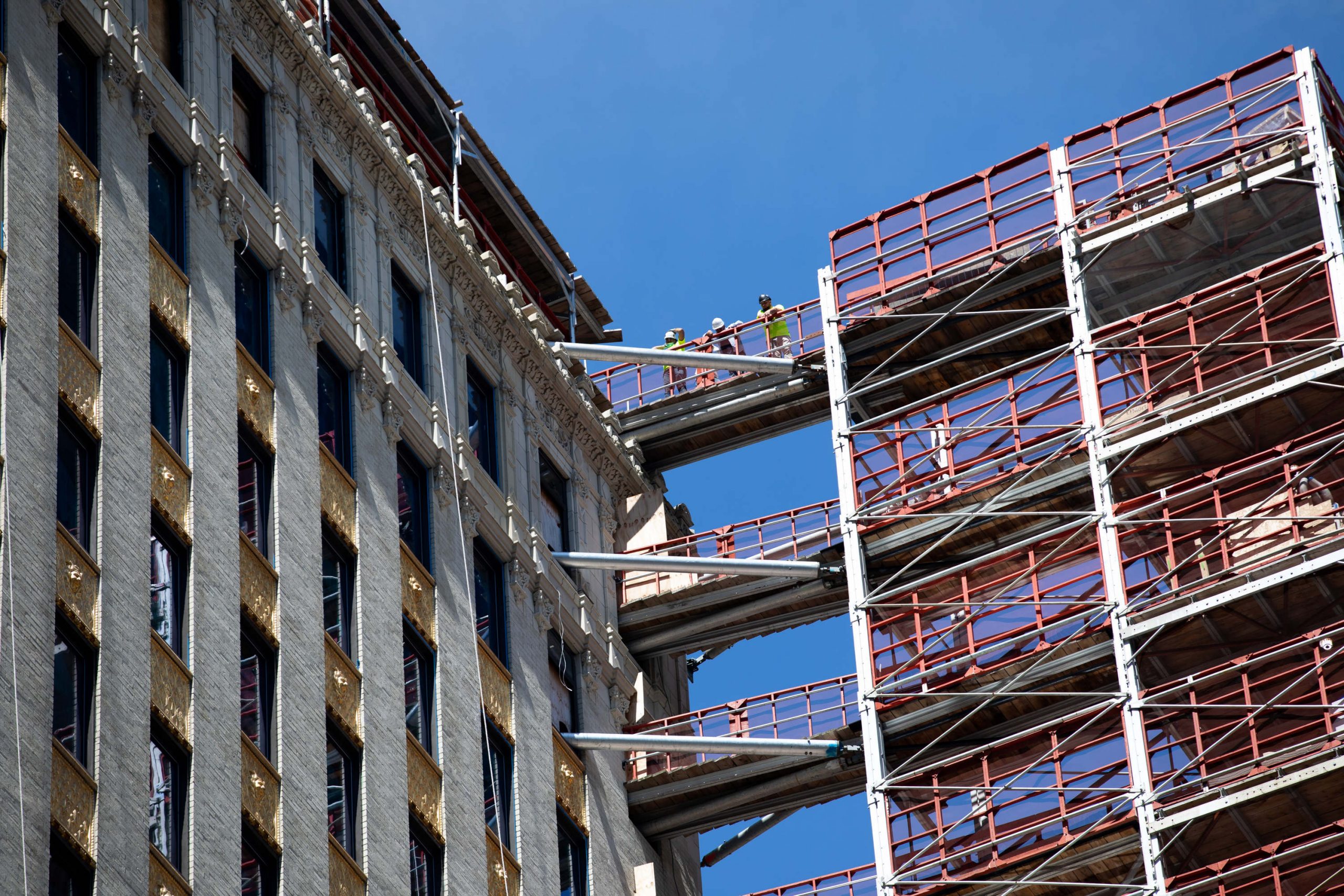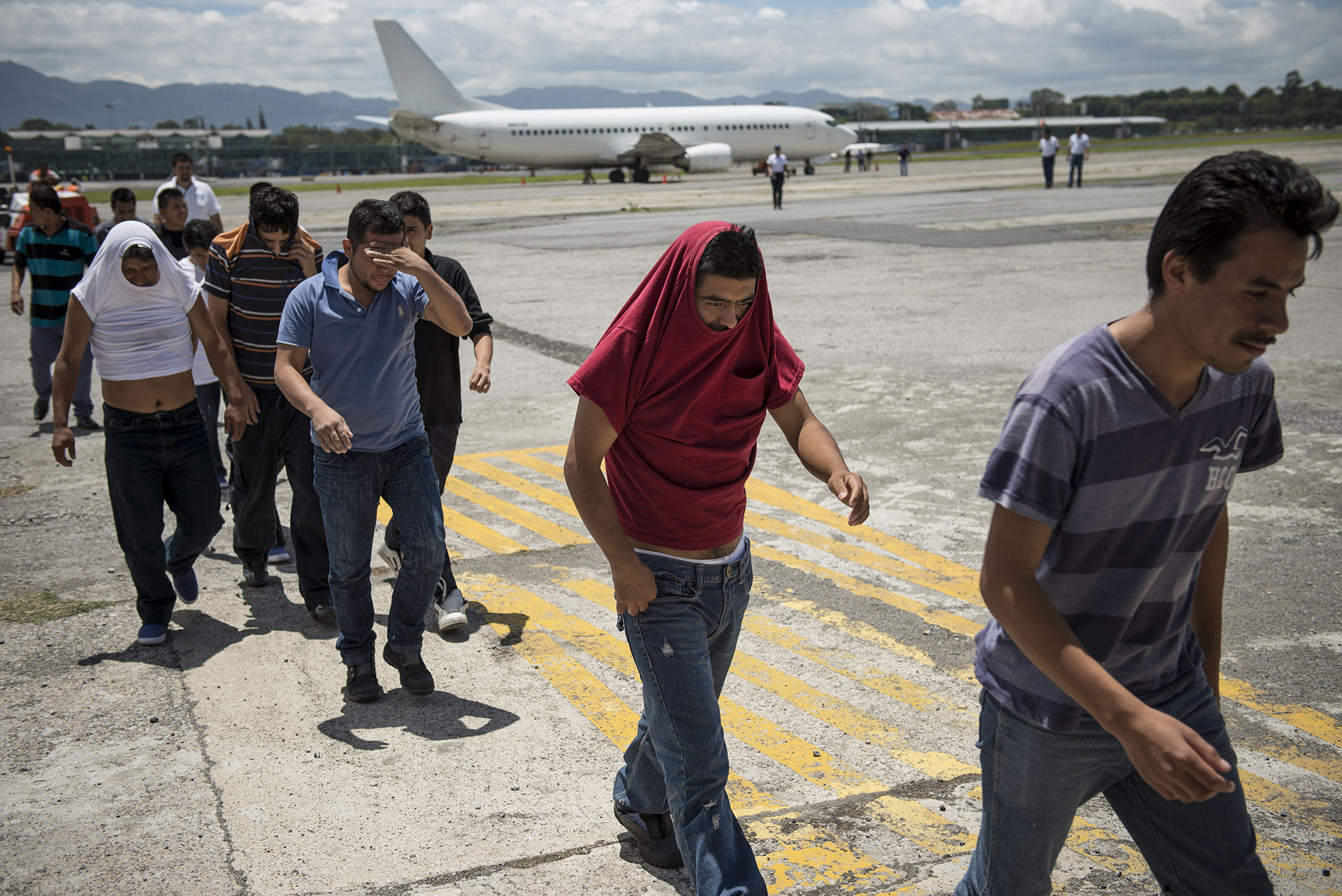Nearly a month after the deadly Bronx fire that killed 17 people, survivors are still trying to piece their lives together.
The fire began in the Twin Parks tower after a space heater malfunctioned and caught fire, quickly spreading smoke through the building. Since then, some of the West Bronx fire victims have returned to their apartments, but others cannot return to their homes and are staying in hotels.
Advocates told Documented that the former Twin Parks residents still in temporary hotels are facing uncertainty around their housing situation, while other informal residents — including undocumented immigrants — have fallen through the cracks. Now, advocates say it’s time to hold city and state government agencies accountable for failing to address the subpar housing conditions that caused and exacerbated the fire.
The Bronx has a long history of tragic fires that have left residents without homes, which are intricately connected to the hazardous living conditions found throughout the borough.
How We Covered It: ‘Not Happening in White Communities’: The Data Behind NYC Fires
“Our Bronx members know they have to live in worse conditions than other people in the city due to the simple fact that they are poor, Black and brown,” said Pablo Estupiñan, Director of Community Action for Safe Apartments, known as CASA, which organizes tenants in the Southwest Bronx. “And when they live in disrepair and bad conditions their lives don’t matter in the same way.”
The disrepair in the Twin Parks building included malfunctioning smoke alarms, broken windows, water leaks, mold, heating issues, and doors that did not self-close in violation of city law. While Twin Parks was issued multiple violations for its poor heating, city records show most violations were resolved. Other Bronx tenants living in buildings owned by the same landlord are now concerned for their safety as they utilize space heaters amid unresolved heat issues.
Tenants can complain about building violations by contacting 311, which will trigger the city’s Housing and Preservation Department to contact the building’s management.
This system places the burden of fixing housing violation on tenants, said Sumathy Kumar, a campaign organizer at Housing Justice for All. Both Kumar and Estupiñan fault HPD for failing to hold landlords accountable, alleging the agency lacks transparency and issues paltry fines to landlords that fail to compel them to carry out repairs.
“Even though it’s technically within your rights to complain, renters are so scared that if they complain, the landlord will jack up their rent or evict them for no reason,” said Kumar. “So people end up living in horrible conditions because they know that they don’t have the protections they need in order to organize and complain.”
Housing Justice for All is calling for the state legislature to pass Good Cause Eviction legislation, which strengthens tenants’ rights by limiting the instances in which landlords can file for evictions and limits annual rent increases.
This Bronx became ground zero for evictions amid the pandemic. It accounted for almost 40% of eviction cases filed in the city, and about 13% filed statewide, according to CASA.
Structural fires like the Twin Parks fire disproportionately take place in predominantly Black and Latinx communities like the Bronx. It’s a reflection of the greater issues Black residents face when when they try to secure affordable housing, said Melissa Johnson, New York organizer at the Black Alliance for Just Immigration.
“While there’s divestment from accessible, affordable and safe housing, the city and state are investing millions of dollars into institutions that inflict further violence on our communities including police, jails, prisons and mechanisms that connect them with ICE detention and deportation, perpetuating a system of violence,” Johnson said.
But along with its history of disinvestment, the Bronx also has a long legacy of community members organizing to create their own solutions. That’s been apparent in the wake of the Twin Parks fire, said Robert Agyemang, New York Director of African Communities Together, which advocates for African immigrants.
“There’s been a lot of unity, support and love within the community,” Agyemang said about the Bronx fire victims. “Every day there’s an outpouring of support for the organizations, for the victims — but also everyone is getting together and doing everything possible to make sure the families feel they have all the support they need.”
Immigrants have an extra layer of difficulties to face as they try to rebuild their lives, such as the threat of deportation or ongoing asylum cases, said Haddy Gassama, policy advocacy director at UndocuBlack Network, which works for equitable immigration policies for Black immigrants.
Also Read: Everything You Need to Know About Fire Safety and Rental Rights
“Whether its people who lost loved ones or folks who were lucky enough not to lose anyone but experienced the trauma of the fire, immigration status is top of everyone’s mind,” Gassama said.
“It’s certainly unfair to be having to put your life back together, processing through such a trauma and also worrying about potential imminent deportation or an asylum case that has been stuck in the backlog for years.”
UndocuBlack has been working with the Bronx fire victims who lost loved ones and caretakers in the fire. They’re working to bring relatives from their home countries to the U.S. to mourn and potentially looking to pursue extended visas for potential caretakers — an uphill task since many U.S. embassies ceased issuing visas due to the COVID-19 pandemic. The Gambian Youth Organization meanwhile raised $1 million in four days.
Also Read: Latin American Immigrants Can’t Reach Their Consulates
Some Bronx fire victims included undocumented family members whose names were not listed on the lease and therefore were unable to access shelters or hotel residences. Others are struggling to access city services because they have to connect with multiple agencies scattered throughout the city to get what they need.
Still, Estupiñan said the city’s response to this fire is an anomaly, as advocates often struggle to gather resources for fires that garner less attention. Twin Parks residents are able to stay in hotels funded by the city until March 3 after a recent extension. In contrast, Estupiñan recalled struggling with city agencies to secure a one-week hotel stays so survivors of other fires could determine where to go next. Their options are usually limited to a homeless shelter or squeezing in with friends or family.
The day of the tragic fire, Abdoulaye Cisse, the outreach coordinator at CAIR New York, a Muslim advocacy organization, was in the midst of a community town hall organized by local leaders and community groups, including the Gambian Youth Organization. The event quickly shifted to a space for community members to mourn including interfaith prayer sessions. Cisse said it was a privilege to support families trying to rebuild their lives after the fire.
“When you’re dealing with trauma and then also having to fight for your rights, it’s a very hard job to do.” said Cisse, “It’s why I’ve been working around the clock to do the best that I can.”
While the city failed to address the deplorable housing conditions that exacerbated and, according to advocates, caused the fire, advocates and community members are continuing the long legacy of Bronxites taking care of their own.














